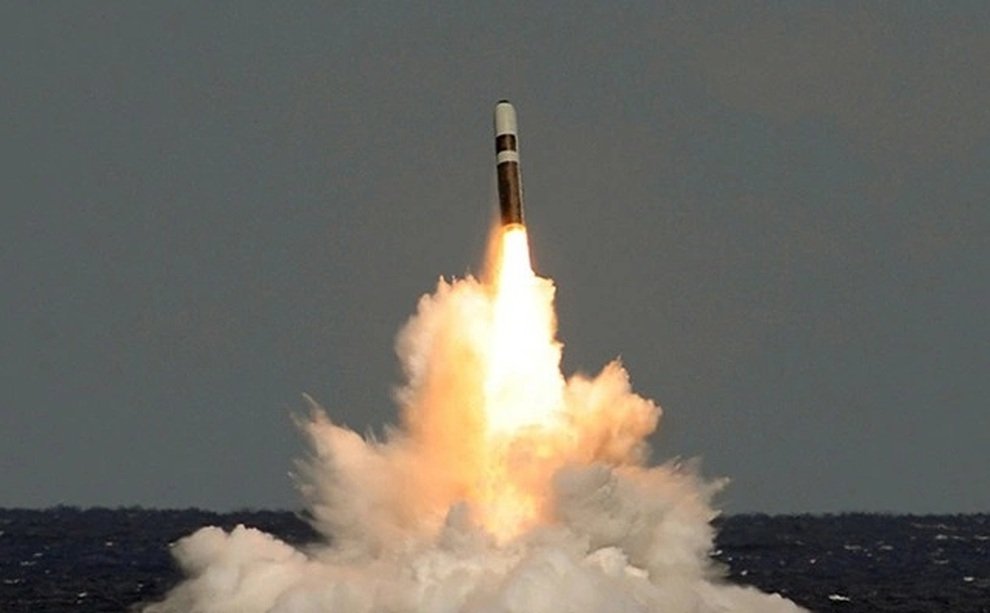(Dan Tri) – Russia and the United States almost broke out in a nuclear conflict in 1995, when Russian leaders activated the nuclear suitcase in a waiting state due to the Norwegian missile incident.
Russia once mistakenly thought the rocket carrying a Norwegian meteorological satellite was an American Trident nuclear missile (Photo: Military Today).
According to Russia Beyond, the incident more than 25 years ago is the only time in history to date that Russian leaders, including the president, have activated a nuclear suitcase.
On January 25, 1995, the `Norwegian missile incident` caused Russia to `ramp up` preparations for a nuclear conflict with the United States, in the context of the Cold War that had only ended a few years earlier.
The cause of the incident stemmed from the fact that Norway launched a booster rocket carrying a meteorological satellite into space at 7:00 a.m. (10:00 a.m. in Moscow) from an island called Andoya in the Arctic Circle.
Equipped with scientific equipment to study the aurora phenomenon, Norway’s Black Brant XII rocket is comparable in size to the US Trident D-5 nuclear ballistic missile.
The time for Moscow to decide was not much at that time as they assessed that this missile had the risk of attacking Russian territory in just a few minutes.
In fact, in December 1994, Norway announced planned rocket launches to 28 countries, including Russia, but they did not give an exact date, only saying that the rocket would fly around
Activate the nuclear suitcase
The Kremlin immediately convened an emergency meeting with the participation of senior leaders.
At that time, the Russian military feared that a missile had been launched to cause an electromagnetic pulse to knock out Russia’s communications and radar systems.
For 4-5 tense minutes, Russia’s leaders intently watched the Norwegian missile’s flight path and they had to consider whether to attack the United States or not.
Radio communications were established with the Russian submarine command group.
Tensions only cooled when the Russian leadership received information that the missile had crashed into the sea.
`It could be one of the most dangerous moments in the nuclear age. It shows how the hyper-vigilant Cold War-era nuclear regime is still at work and how it can go wrong.`
